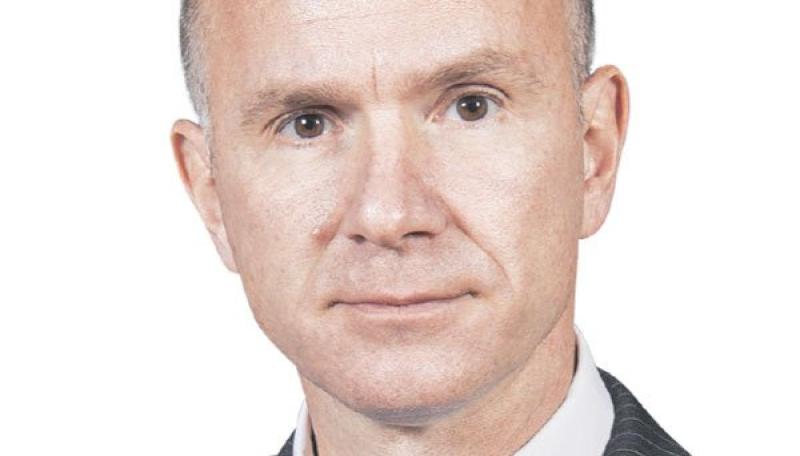Guyana has been ranked by the UN at 117th place (5th from the bottom) in the Human Development Index, ahead of only Honduras, Nicaragua, Guatemala and Haiti in the Caribbean and Latin American countries category.
The report also shows that:
•The Life expectancy at birth for Guyana is 69.9 years, only above Bolivia
•The expected years of Schooling is 11.9, 5th from the bottom
Guyana has been ranked by the UN at 117th place (5th from the bottom) in the Human Development Index, ahead of only Honduras, Nicaragua, Guatemala and Haiti in the Caribbean and Latin American countries category.
The report also shows that:
•The Life expectancy at birth for Guyana is 69.9 years, only above Bolivia
•The expected years of Schooling is 11.9, 5th from the bottom
•The GNI (Gross National Income) per capita is $3192 only above Nicaragua and Haiti.
•Maternal Mortality Ratio of 270 only better than Haiti
•Population with at least Secondary education (of at least 25 years old) is 42.6 for female and 44.7 for male 7th from the bottom.
•The Labor Force Participation Index shows a large gap between the sexes with 44.7 for female and 81.2 for male.
•Gender inequality rank is 106, 3rd from the bottom
•Births attended by skilled health personnel, 92% , 7th from the bottom.
•In the category of poverty the Intensity of deprivation is 39.5%.
If there is a silver lining Guyana also made it on the list of the top 10 countries in the world with population facing Multidimensional poverty, i.e. do not use modern cooking fuels, lack adequate sanitation and lack clean water. On this list Guyana is 2nd from the top with populations facing at least one deprivation and at the bottom of the list of countries facing three deprivations.
Quote from the report:
“This Report has focused on the large disparities across people, groups and countries—disparities that coexist with and worsen environmental degradation and loss of ecosystem services that the world’s poor depend on. Yes, the challenges are massive. But in several respects conditions today are more conducive to progress than ever. Global public awareness is higher, and the new calls for democracy sweeping parts of the world augur well for reform.
Taking the debate further entails bold thinking, especially on the eve of the 2012 UN Conference on Sustainable Development (Rio+20). This Report advances a new vision for promoting human development through the joint lens of sustainability and equity. For that vision to become a reality, institutions must be strengthened, capacities enhanced, policies reformed and democratic governance fortified.
The vision calls for an expansive rethinking of the role of the state and communities—and their capacity to identify and exploit emerging opportunities. Building on the insights of Amartya Sen and the key principles of the human development approach, this vision stresses an approach to sustainability and equity rooted in inclusion, participation and reasoned public debate, while recognizing diverse values, conditions and objectives.
Beyond the Millennium Development Goals the world needs a post-2015 development framework that reflects equity and sustainability: Rio+20 stands out as a great opportunity to reach a shared understanding about how to move forward.”
http://hdr.undp.org/en/reports/global/hdr2011/download/





